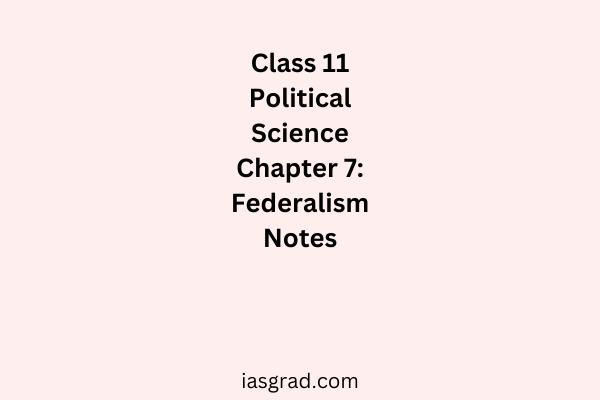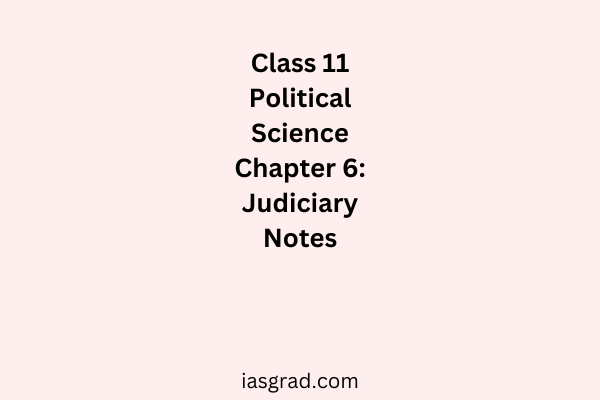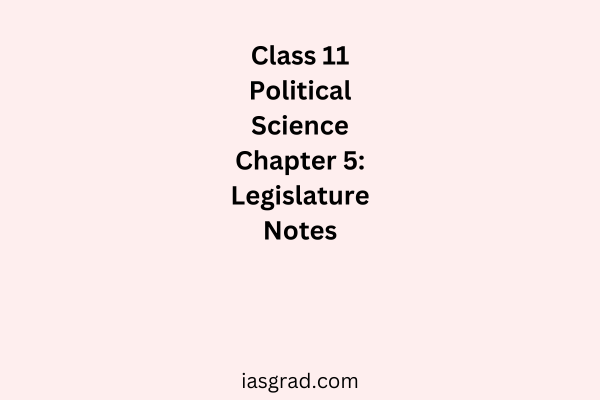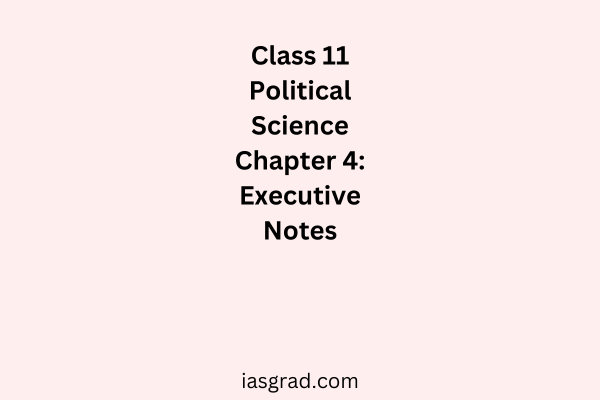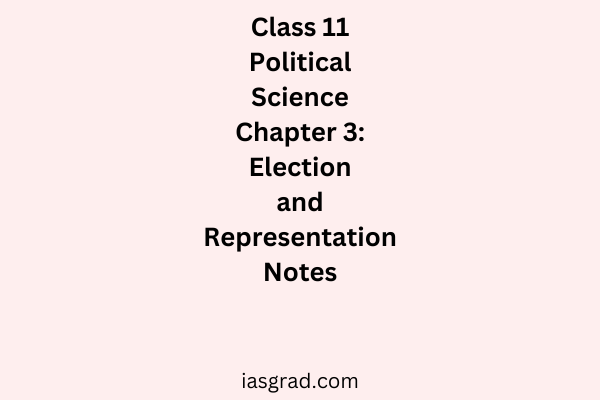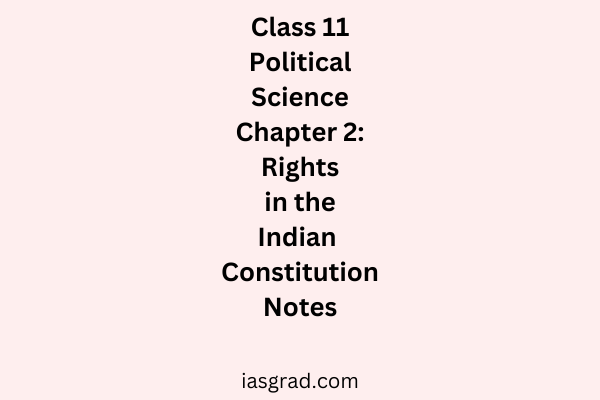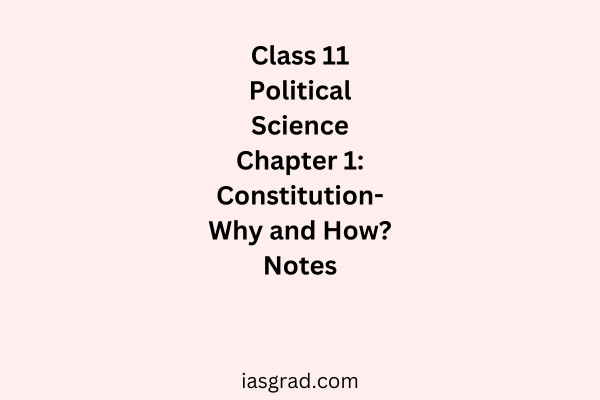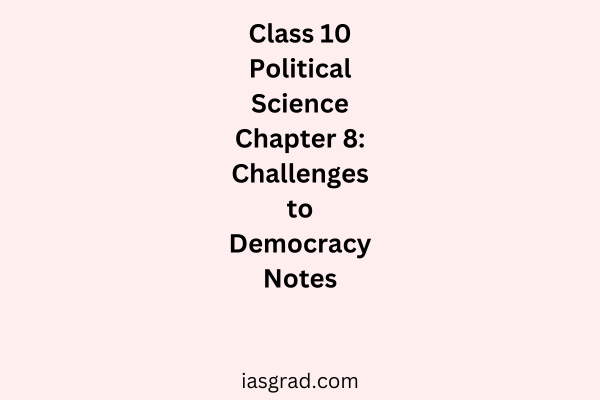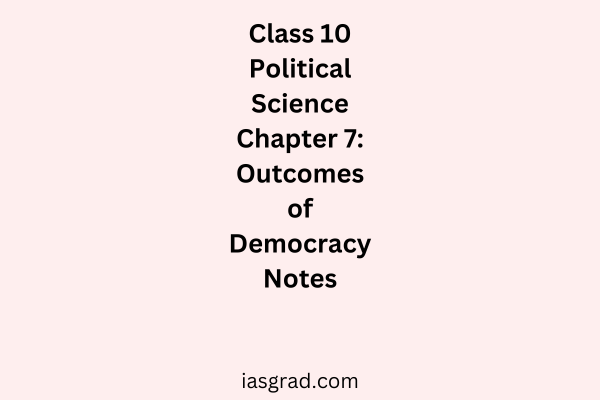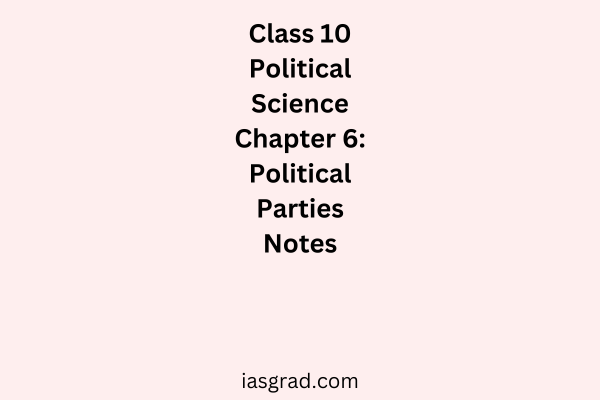Class 11 Polity Chapter 7: Federalism Notes
Class 11 Polity Chapter 7: Federalism Notes Federalism divides power between the central and state governments, ensuring a balance of authority. This chapter discusses Union-State relations, distribution of powers (Union, State, and Concurrent Lists), the role of the Governor, and challenges in federal governance, including financial distribution and centralization of power. Introduction: Understanding Federalism Federalism […]
Class 11 Polity Chapter 7: Federalism Notes Read More »
